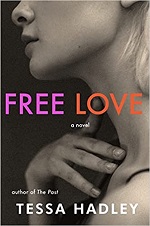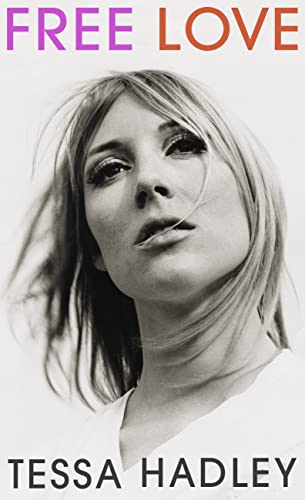Free Love
 London’s leafy suburbs towards the end of the so-called Summer of Love in 1967, and forty-year-old Phyllis Fischer finds her own different brand of love. Upper middle-class with two children and married to decent upstanding Roger, an Arab specialist in the Foreign Office, she embarks upon an entirely unplanned and, for her, unprecedented love affair with a much younger tyro writer—Nicholas, a son of friends of theirs. Nicky is cynical, scruffy and self-consciously radical. The quotidian, comfortable family life of the Fischers is portrayed with telling precision and intelligence, located firmly in the mores of late ‘60s swinging Britain—despite the changes in society, a time of relative bourgeois certainty and comfort.
London’s leafy suburbs towards the end of the so-called Summer of Love in 1967, and forty-year-old Phyllis Fischer finds her own different brand of love. Upper middle-class with two children and married to decent upstanding Roger, an Arab specialist in the Foreign Office, she embarks upon an entirely unplanned and, for her, unprecedented love affair with a much younger tyro writer—Nicholas, a son of friends of theirs. Nicky is cynical, scruffy and self-consciously radical. The quotidian, comfortable family life of the Fischers is portrayed with telling precision and intelligence, located firmly in the mores of late ‘60s swinging Britain—despite the changes in society, a time of relative bourgeois certainty and comfort.
As Tessa Hadley says in her acknowledgements, she wanted to capture “the spirit of those times”, which she does with elegance and authenticity. But as Phyllis’s infatuation with her young lover grows, she begins to take risks, fully absorbed in her new passion, and she discovers that while we may well have been entering a new permissive age of hedonism, quotidian complications are always there even for the new age, and to amend the familiar truism—there really is no such thing as free love. Phyllis makes a sudden decision which has immense ramifications for herself and her family, and we see how she and those close to her have their lives turned upside-down by this hasty choice. Tessa Hadley writes with elegance and precision and captures those now long-distant days that were so different from life today.










